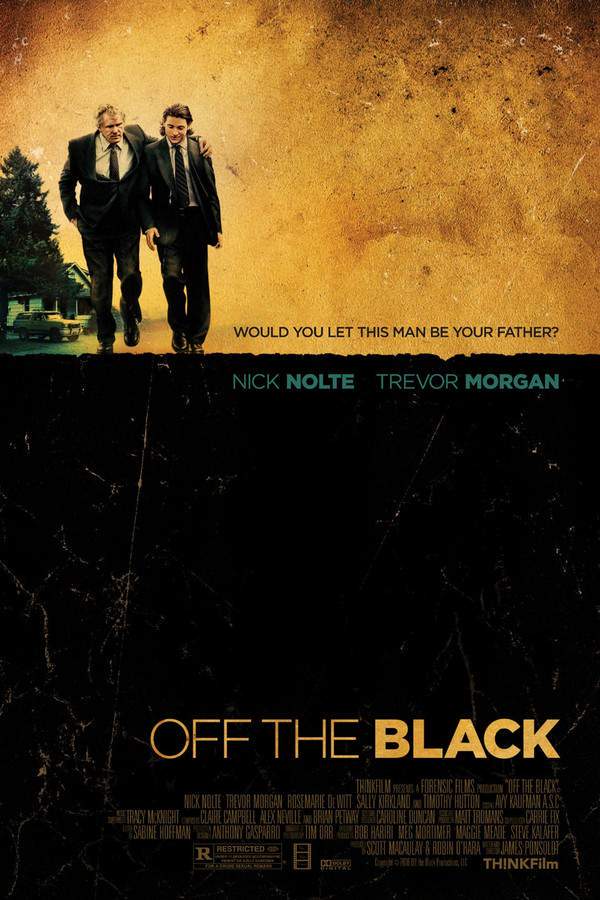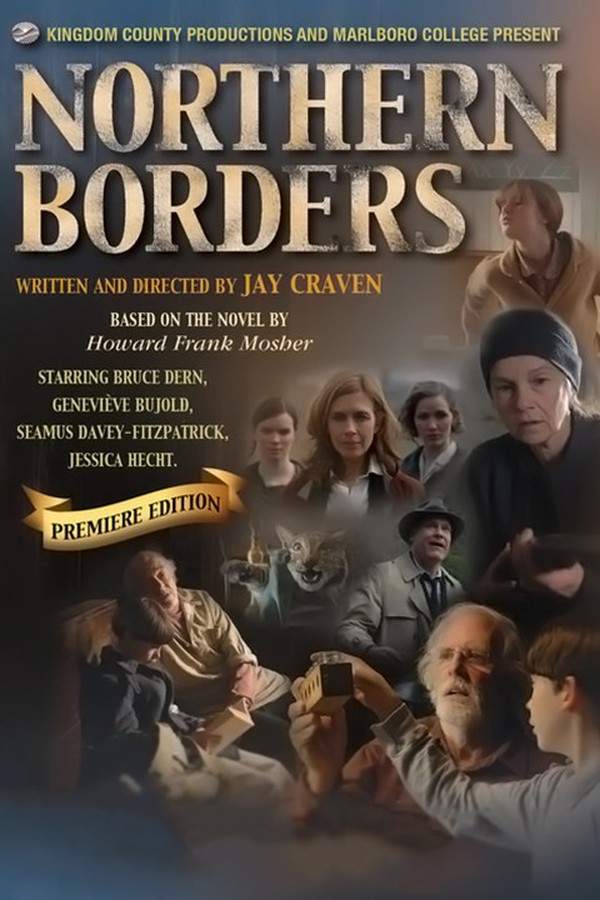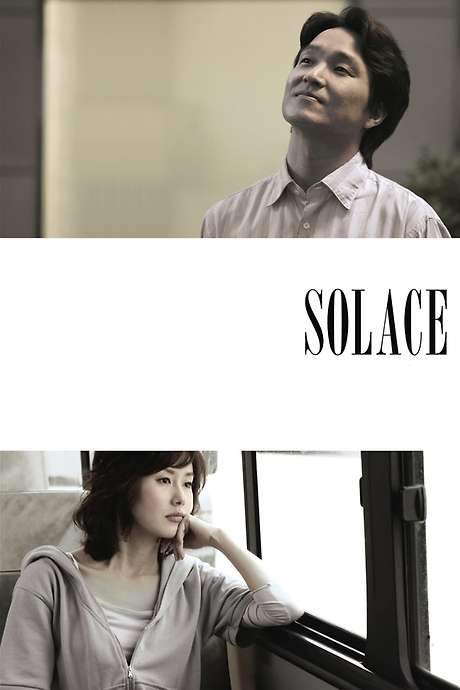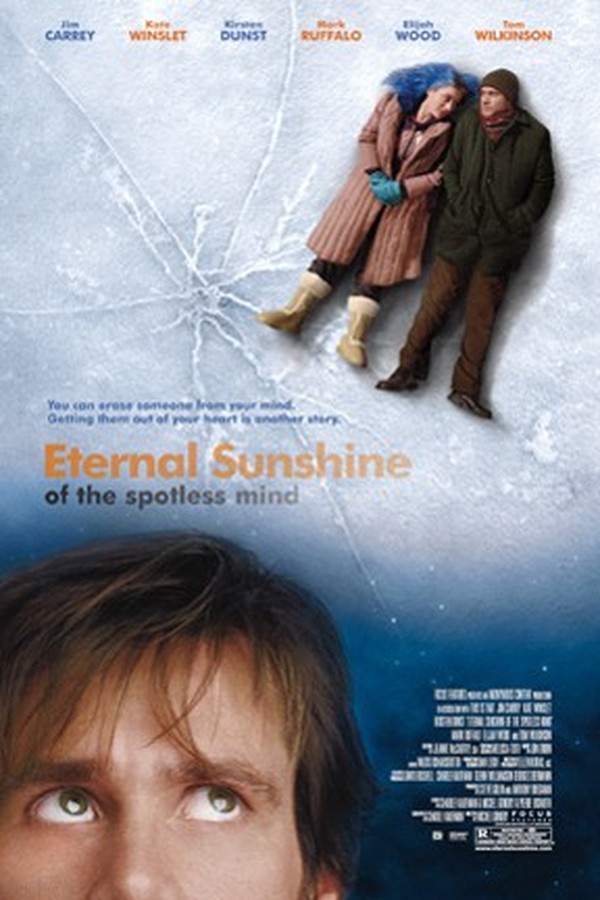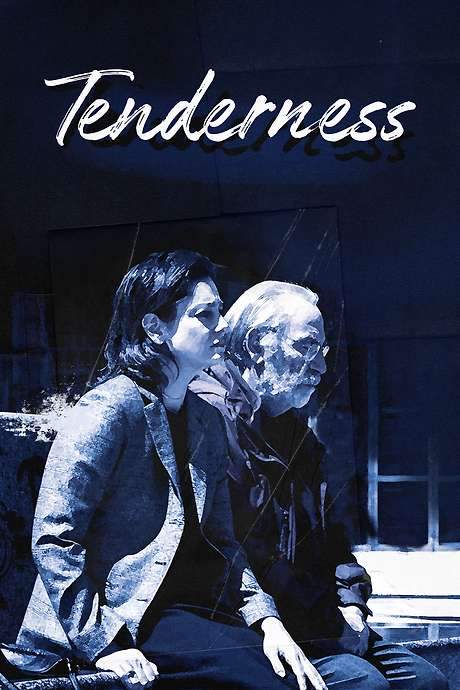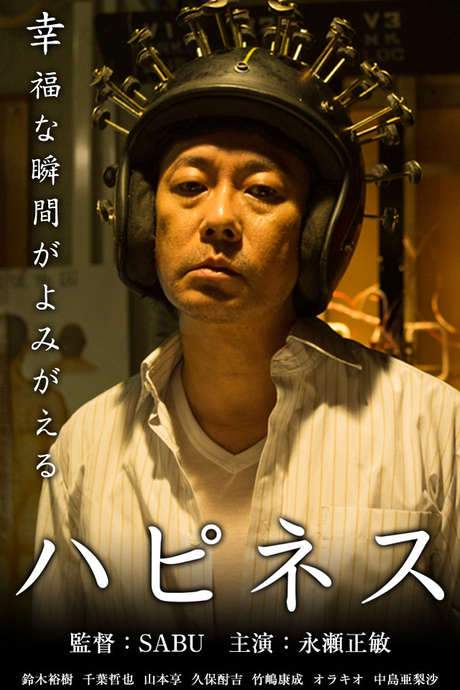
Happiness
Year: 2016
Runtime: 90 mins
Language: Japanese
Director: Sabu
A stranger arrives in a serene Japanese village, carrying a peculiar helmet with the ability to replay a person's happiest memory. As he encourages the villagers to relive their joyful pasts, a profound sadness and worry are evident on his own face. The helmet’s purpose remains unclear, and the reason behind his quest to unlock these memories becomes a source of intrigue and concern for the community.
Warning: spoilers below!
Haven’t seen Happiness yet? This summary contains major spoilers. Bookmark the page, watch the movie, and come back for the full breakdown. If you're ready, scroll on and relive the story!
Happiness (2016) – Full Plot Summary & Ending Explained
Read the complete plot breakdown of Happiness (2016), including all key story events, major twists, and the ending explained in detail. Discover what really happened—and what it all means.
After the death of his mother, Chan Kai-yuk leaves Guangzhou for Hong Kong in search of his father, a man who abandoned the family and started anew elsewhere. Facing unemployment at a restaurant and an inability to pay his rent, Chan finds himself without a home and suddenly vulnerable to the city’s hard edges. While he sleeps on the streets, a kind gesture from Kam, a chef at the Beloved Community Centre that aims to support people in need, offers him a lifeline. Kam does not just offer shelter; he points Chan toward a possible chance at steady work, but there’s a catch: Chan must first present a proof of address to qualify for a job at the centre.
Desperate for stability, Chan reaches out to Tse Yuen-fan, a middle-aged, childless former singer who lives alone after her most recent tenant moved out. Trust does not come easily to her, and she is initially suspicious of the stranger who appears at her door. The turning point comes when Chan brings her a small, thoughtful gift—a dozen eggs—which convinces her to let him stay as a tenant. Tse’s life is methodical and contained, and she imposes a strict routine on Chan, who gradually learns to navigate the rhythm of her everyday existence. With a fixed address now secured, Chan can begin to build a legitimate life, and he is soon drawn into the Beloved Centre’s work.
At the centre, Chan meets Xiaoyue, a social work intern from Guangzhou, and Fong, a social worker. He becomes part of a food-sharing initiative and begins working under their guidance. Xiaoyue becomes the object of his quiet crush, though he learns that she has her own romantic circumstances. Their professional collaboration deepens as they coordinate efforts to support the community, even as Chan’s personal emotions complicate his focus.
Tse’s sharper wit and practical memory tests take a toll on her, and she undergoes a basic assessment that reveals mild cognitive disorder. At first Chan approaches the diagnosis with a certain detachment, but as Tse’s orientation falters—losing her way while returning home—his sense of responsibility grows. Fearful of how caregiving might upend his life, he temporarily withdraws, leaving Tse to navigate alone. Yet when he witnesses her anxious search for him in the surrounding streets, memories of his own late mother surge back, and he returns to her side. He becomes a steady presence as Tse begins a medical routine intended to slow the progression of her condition.
With Fat’s help, Chan uncovers the hidden thread that connects him to his father and his new family. In a moment of quiet courage, Chan secretly brings his younger stepbrother to an indoor playground and treats him to ice cream, not realizing the boy’s peanut allergy until it’s almost too late. The crisis triggers a harsh confrontation with his father, who, influenced by his new wife, orders Chan to sever ties with the family. Chan leaves the hospital bruised in more ways than one, yet his pain is tempered by Tse’s comforting presence and Xiaoyue’s steadfast support. Tse even asks Chan to call her mother, solidifying a sense of chosen family between them.
As Tse’s condition continues to worsen, she makes a compassionate and symbolic decision: she will name Chan as the inheritor of all her properties, including the flat she once owned, provided he agrees to care for her as if he were her son. The two of them begin to live together as a family unit, with Tse retreating into her long-held love of drawing and Chan taking a new step in his career by starting a job at a restaurant. Their days are now spent balancing care, work, and the fragile hope that comes with aging and memory.
A visit to Beloved reveals a change in Xiaoyue’s life—she has returned to Guangzhou. Her leaving note hints at a deeper backstory: she has admired Chan’s devotion to his mother since they first met in a Guangzhou hospital, though Chan had not recognized her at the time. Xiaoyue’s relationship with her own partner ultimately ends, but she treasures the bonds she built in Hong Kong, especially the warmth and resilience she found in Chan and Tse.
In the end, the story is less about dramatic upheaval and more about the quiet, steady creation of family amid uncertainty. Chan’s loyalty to Tse grows into a restorative form of care, while Tse’s steady presence gives him purpose. The film paints a compassionate portrait of urban life, where strangers become kin, memory shapes present choices, and hope survives through everyday acts of kindness and responsibility.
Last Updated: October 09, 2025 at 16:00
Explore Movie Threads
Discover curated groups of movies connected by mood, themes, and story style. Browse collections built around emotion, atmosphere, and narrative focus to easily find films that match what you feel like watching right now.
Melancholic Found Family Stories like Happiness
Stories where lonely souls find connection and purpose through quiet care.Discover movies like Happiness that center on quiet dramas of urban loneliness being healed by unexpected connections. If you enjoyed the gentle, bittersweet building of a found family through caregiving, you'll find similar emotional journeys here.
Narrative Summary
Narratives in this thread typically follow lonely or disconnected individuals whose paths cross, leading them to form a non-traditional family unit. The story unfolds through daily routines and small, significant gestures, focusing on the gradual development of trust and mutual reliance, often culminating in a purpose that transcends individual solitude.
Why These Movies?
These movies are grouped together because they share a specific emotional mix of melancholy and hope, a restrained tone, and a slow, observant pace. They focus on the themes of urban isolation, emotional resilience, and the profound impact of quiet, caring relationships.
Bittersweet Memory Dramas similar to Happiness
Where the past's joy illuminates the present's sadness, shaping poignant character journeys.If you were intrigued by the use of memory in Happiness, explore these films that also delve into how revisiting the past shapes our present. These dramas share a poignant, bittersweet feel and a thoughtful exploration of nostalgia and emotional truth.
Narrative Summary
Stories often revolve around a character or device that allows for the revisiting of past memories, typically happy ones that contrast with a melancholic present. This exploration drives character development, uncovering hidden pains and leading to a nuanced, emotionally complex resolution that is neither entirely happy nor sad.
Why These Movies?
These films are united by their thematic focus on the power and pain of memory, a consistently bittersweet emotional tone, and a narrative structure that bridges past and present. They provide a contemplative, often sad yet hopeful, viewing experience.
Unlock the Full Story of Happiness
Don't stop at just watching — explore Happiness in full detail. From the complete plot summary and scene-by-scene timeline to character breakdowns, thematic analysis, and a deep dive into the ending — every page helps you truly understand what Happiness is all about. Plus, discover what's next after the movie.
Happiness Timeline
Track the full timeline of Happiness with every major event arranged chronologically. Perfect for decoding non-linear storytelling, flashbacks, or parallel narratives with a clear scene-by-scene breakdown.

Characters, Settings & Themes in Happiness
Discover the characters, locations, and core themes that shape Happiness. Get insights into symbolic elements, setting significance, and deeper narrative meaning — ideal for thematic analysis and movie breakdowns.

Happiness Spoiler-Free Summary
Get a quick, spoiler-free overview of Happiness that covers the main plot points and key details without revealing any major twists or spoilers. Perfect for those who want to know what to expect before diving in.

More About Happiness
Visit What's After the Movie to explore more about Happiness: box office results, cast and crew info, production details, post-credit scenes, and external links — all in one place for movie fans and researchers.




